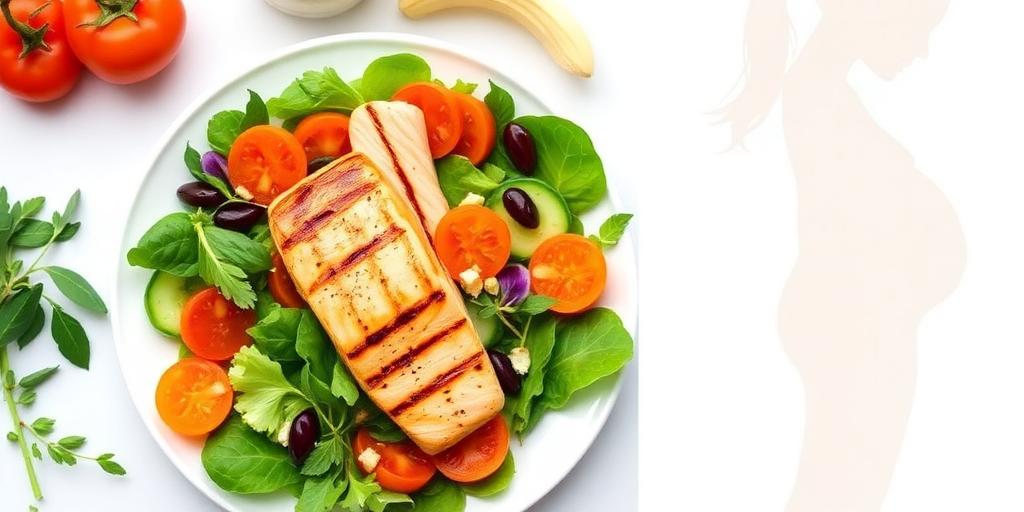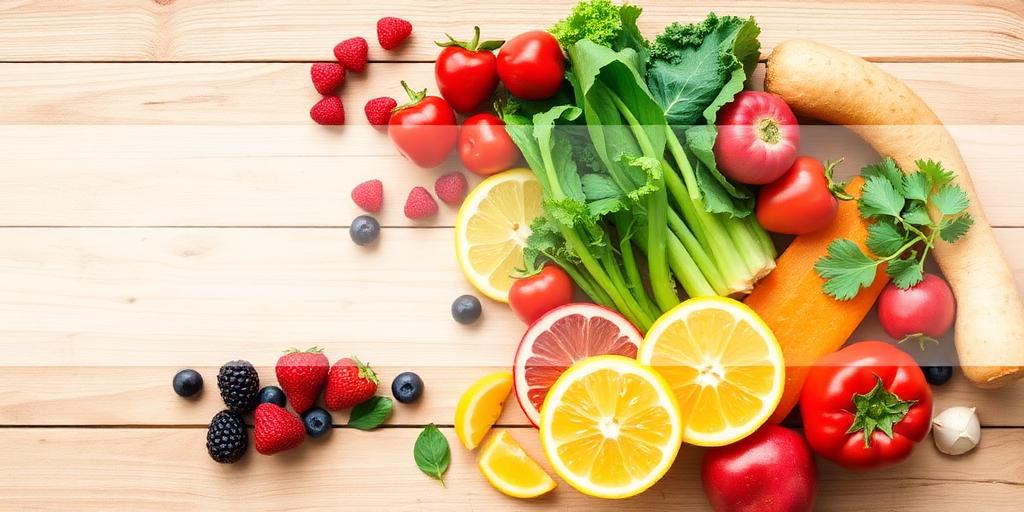Prenatal Nutrition: Eating for Two
During pregnancy, your nutritional needs increase to support both your health and the development of your baby. It's not just about eating more, but eating smarter. This guide provides key information on essential nutrients, dietary recommendations, and practical tips for a healthy pregnancy.
Why is Prenatal Nutrition Important?
Proper nutrition during pregnancy is crucial for:
- Fetal Development: Nutrients like folate, calcium, and protein are vital for the baby's brain, bone, and tissue growth.
- Maternal Health: Adequate nutrition helps maintain your energy levels and reduces the risk of complications such as gestational diabetes and preeclampsia.
- Healthy Birth Weight: Proper nutrition contributes to a healthy birth weight, reducing the risk of infant mortality and health issues.
Essential Nutrients for Pregnancy
Folate (Folic Acid):
- Why: Prevents neural tube defects.
- Sources: Fortified grains, leafy green vegetables, beans, and citrus fruits.
- Recommendation: 600 mcg daily.
Iron:
- Why: Supports increased blood volume and oxygen supply.
- Sources: Red meat, poultry, beans, and fortified cereals.
- Recommendation: 27 mg daily.
Calcium:
- Why: Builds strong bones and teeth for the baby.
- Sources: Dairy products, fortified plant-based milk, leafy greens.
- Recommendation: 1000 mg daily.
Vitamin D:
- Why: Enhances calcium absorption and supports immune function.
- Sources: Fortified foods, fatty fish, and sunlight exposure.
- Recommendation: 600 IU daily.
Protein:
- Why: Supports growth and development of fetal tissues and organs.
- Sources: Meat, poultry, fish, eggs, beans, nuts, and dairy.
- Recommendation: 71 grams daily.
Omega-3 Fatty Acids (DHA):
- Why: Supports brain and eye development.
- Sources: Fatty fish (salmon, tuna), flaxseeds, chia seeds, and walnuts.
- Recommendation: 200-300 mg of DHA daily.
Dietary Recommendations
- Balanced Diet: Focus on a variety of nutrient-dense foods from all food groups.
- Regular Meals: Eat regular meals and snacks to maintain stable blood sugar levels and prevent nausea.
- Hydration: Drink plenty of water throughout the day.
- Limit Processed Foods: Reduce intake of processed foods, sugary drinks, and excessive caffeine.
Foods to Avoid During Pregnancy
- Raw or Undercooked Meats and Seafood: Risk of bacterial contamination.
- High-Mercury Fish: Limit consumption of shark, swordfish, and king mackerel.
- Unpasteurized Dairy Products: Risk of listeria infection.
- Alcohol: Can cause fetal alcohol spectrum disorders.
Prenatal Vitamins
While a healthy diet is essential, prenatal vitamins can help fill any nutritional gaps. Consult with your healthcare provider to choose the right prenatal vitamin for your needs.
Tips for Managing Common Pregnancy Symptoms Through Diet
- Nausea: Eat small, frequent meals, and avoid strong odors. Ginger and peppermint can help.
- Constipation: Increase fiber intake through fruits, vegetables, and whole grains. Stay hydrated.
- Heartburn: Avoid spicy, fatty, and acidic foods. Eat smaller meals and don't lie down after eating.
Conclusion
Proper nutrition during pregnancy is vital for the health of both mother and baby. By focusing on a balanced diet, taking prenatal vitamins as recommended, and avoiding harmful substances, you can support a healthy pregnancy and give your baby the best start in life. Always consult with your healthcare provider or a registered dietitian for personalized advice.









